
El arrebato imprudente de Trump por el poder, la riqueza y el petróleo en Venezuela
Se trata, sin ambigüedades, de imperialismo impulsado por los combustibles fósiles.
Read the latest insights and analysis from the experts at Oil Change International.

Se trata, sin ambigüedades, de imperialismo impulsado por los combustibles fósiles.

This is fossil-fueled imperialism, plain and simple.
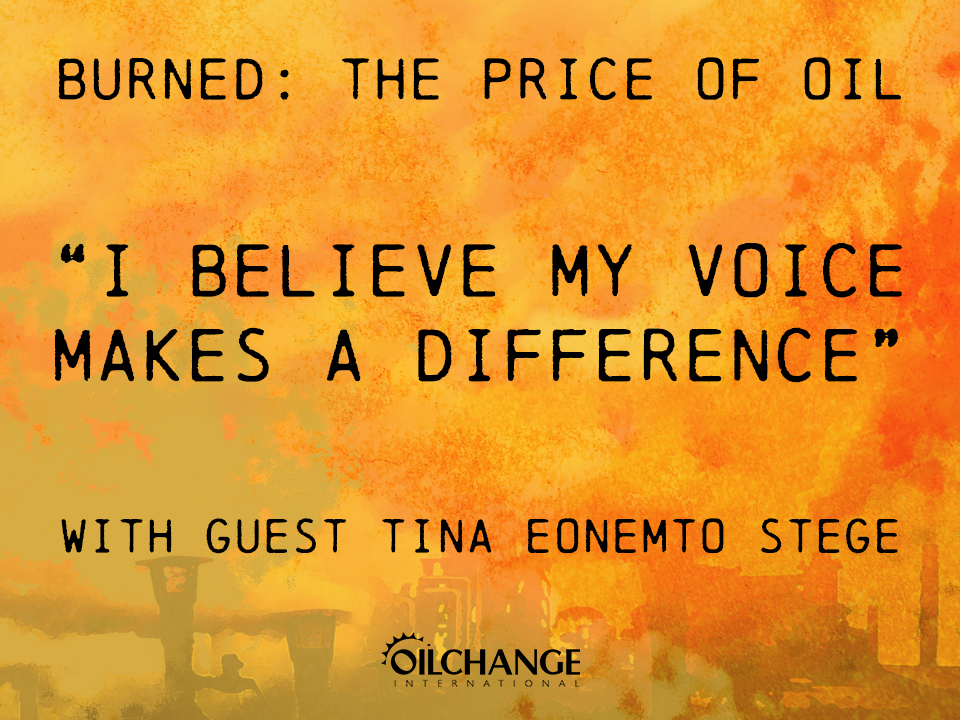
In this episode of Burned: The Price of Oil, host Shady Khalil speaks with Tina Eonemto Stege, Climate Envoy for the Government of the Republic of the Marshall Islands. Tina reflects on the United Nations climate talks in Belém, Brazil, from the hard fights to the fragile breakthroughs of the COP30 climate negotiations.
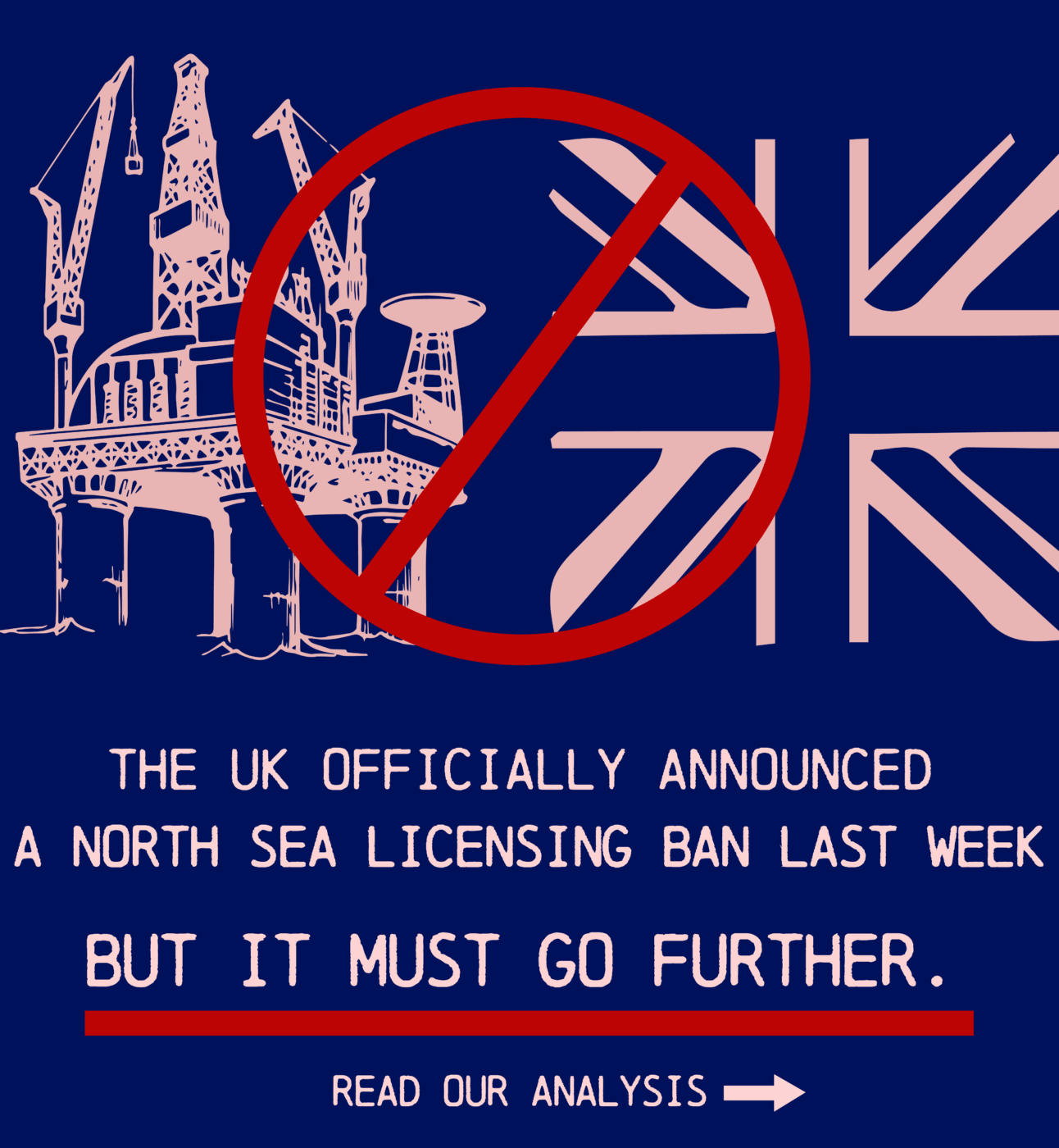
The UK officially announced a North Sea licensing ban on 26 November, 2025. While it was a hard fought win and a necessary first step, it still has a long way to go. Read the analysis from Oil Change International, Friends of the Earth Scotland and Platform.

Japan’s development agency, Japan International Cooperation Agency, destroyed communities & livelihoods in Bangladesh with its $4 billion Matarbari coal power plant. Now they are pushing for gas & other fossil fuel technologies. But local fisherfolk and farmers are standing up to stop fossil expansion.

In this episode of Burned: The Price of Oil, Shady Khalil speaks with Dipti Bhatnagar, climate justice organizer with Justiça Ambiental (Friends of the Earth Mozambique) and Executive Committee member of Friends of the Earth International. Dipti shares her 25-year journey organizing across India, the U.S., and Mozambique, connecting struggles from anti-dam movements to anti-colonial resistance, rooted in a vision of collective care, dignity, and justice.
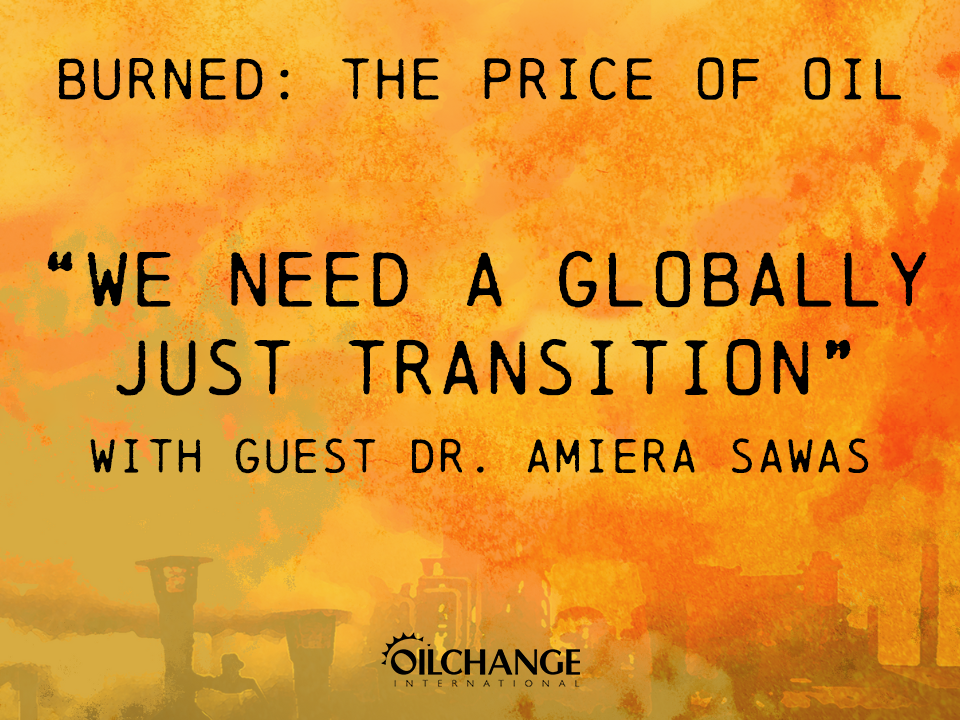
In this episode of Burned: The Price of Oil, host Shady Khalil speaks with Dr. Amiera Sawas about her decades of experience working at the intersection of climate change, gender justice, and decolonial movements to expose the structural injustices fueling the climate crisis, and the feminist, global majority-led solutions forging the path ahead.
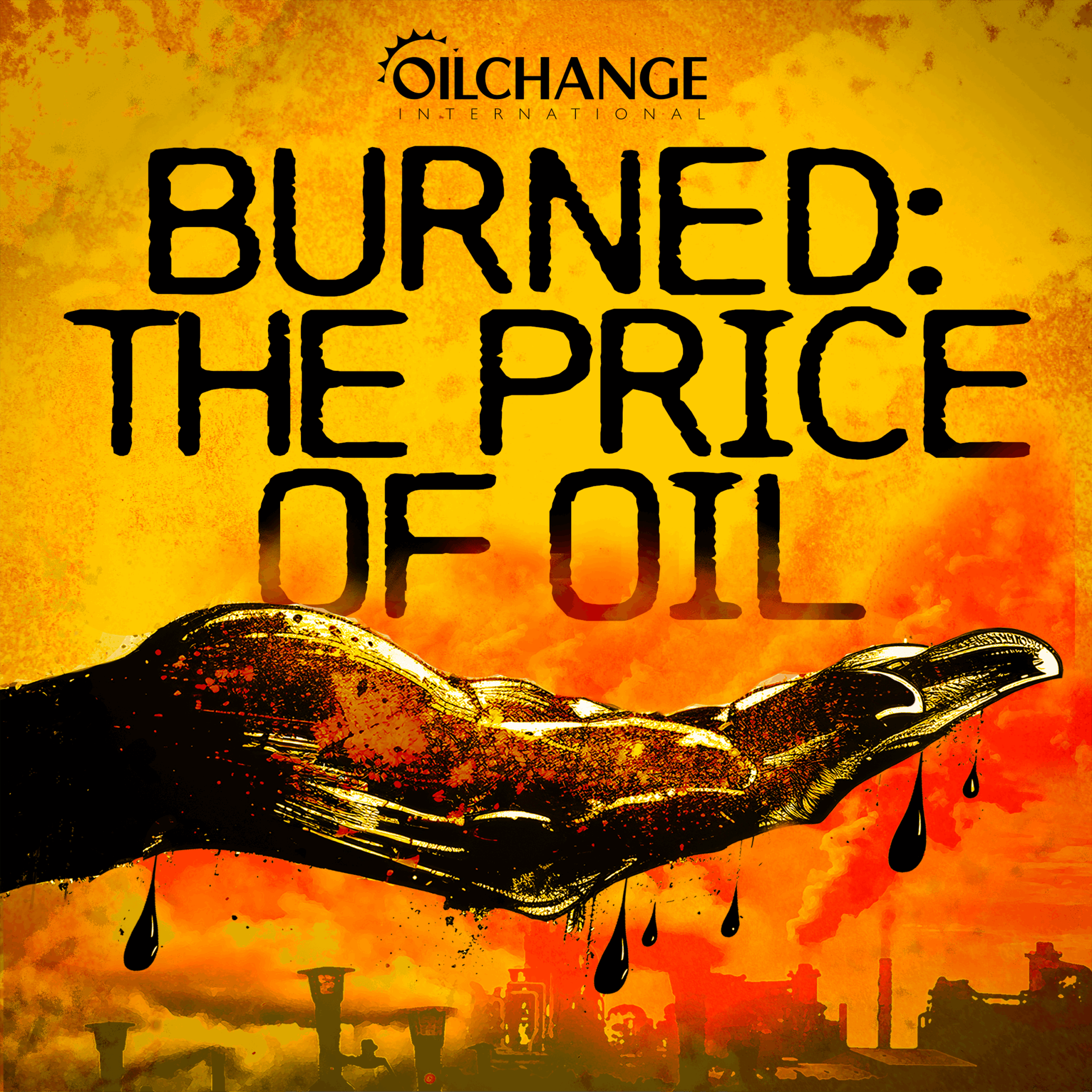
In the second episode of Burned: The Price of Oil, host Shady Khalil speaks with Shereen Talaat, Founder and Director of MENA Fem Movement to explore the global financial system’s deep colonial roots - and how private-finance-first approaches to the energy transition trap Global South countries in more debt and fossil fuel dependence.

The path to 1.5ºC depends on what’s decided here in Belém and whether the world will stand with people or polluters.
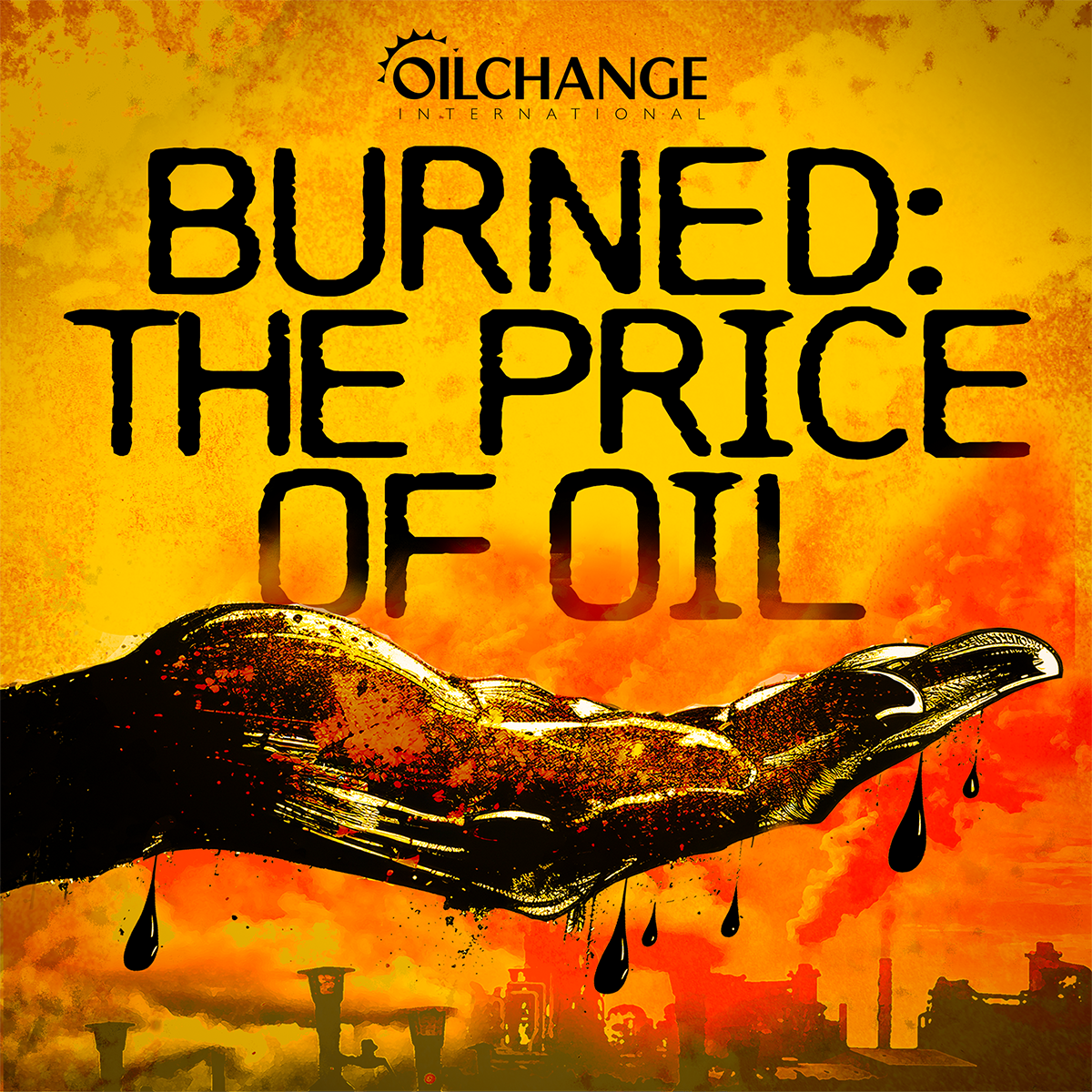
In this new limited podcast series, host Shady Khalil has candid conversations with global climate leaders to pull back the curtain on the true cost of fossil fuels and the villains blocking climate action - and how people-powered movements are forging the path towards a just and equitable transition that leaves no one behind.